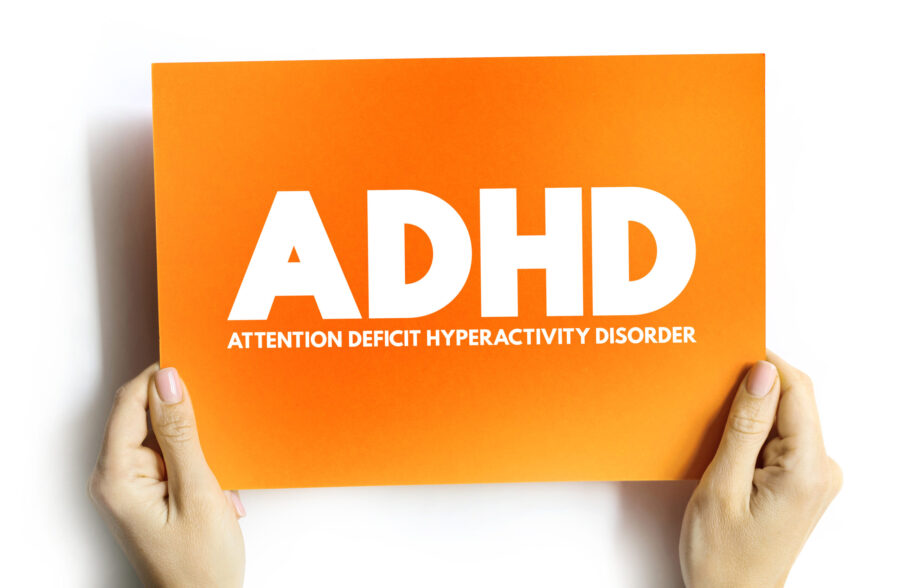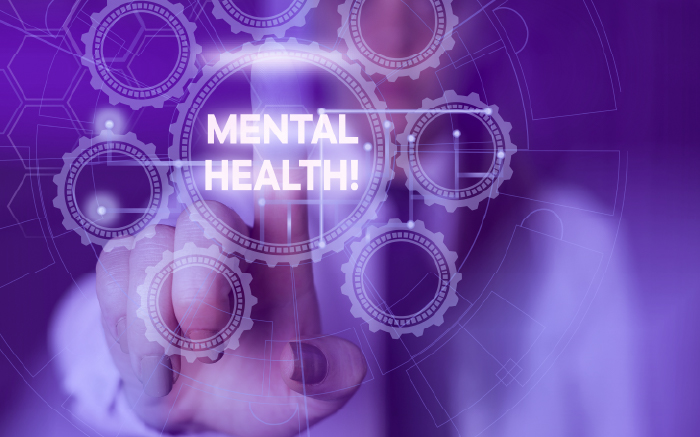Attention-deficit/hyperactivity disorder (ADHD) affects people from all walks of life and all ages, from childhood to adulthood. With a range of symptoms and behaviors, there are a few tell-tale signs to look out for that can help a professional make a diagnosis.
This article explores how ADHD affects thinking, emotions, social life, school, and work. Understanding all aspects of ADHD helps us better support those affected and improve their well-being.
Understanding ADHD
ADHD shows up as constant inattention, impulsivity, and hyperactivity. These disrupt daily life and development. It’s not about being lazy; it’s a real brain-based condition.
People with ADHD struggle with organizing, managing time, controlling impulses, and socializing. This affects their school, work, and personal relationships.
Common Signs and Symptoms:
- Inattention: One of the most prominent signs of ADHD is the struggle to maintain focus. People with ADHD might not follow detailed instructions well, often leave tasks unfinished, or have difficulty keeping track of their items. They are easily sidetracked by minor distractions.
- Hyperactivity: Particularly noted in children, hyperactivity includes constant movement and speech, even when inappropriate. This might show as restlessness, excessive talking, or an inability to stay seated.
- Impulsivity: This symptom involves making hasty actions without forethought. It can lead to interrupting conversations, inability to wait for one’s turn, and sometimes engaging in dangerous behaviors.
- Executive Functioning Challenges: ADHD can impair the ability to plan, prioritize, and manage time, making tasks like setting goals or adapting to new plans difficult.
- Emotional Dysregulation: Managing emotions can be tough for those with ADHD. They might have intense emotional responses and a low tolerance for frustration, which can lead to outbursts or mood swings.
- Cross-Setting Impairment: For an ADHD diagnosis, these symptoms must be evident in multiple environments like home, school, or work, significantly impacting life quality.
Recognizing the signs and symptoms of ADHD is the first step towards obtaining an accurate diagnosis and accessing appropriate treatment and support. If you or someone you know is experiencing difficulties with attention, impulsivity, hyperactivity, or executive functioning, reaching out to the team at Platinum Psychiatry is the first step to healing.
With early intervention and comprehensive treatment, those with ADHD can learn to manage their symptoms effectively and thrive in their personal and professional lives.






